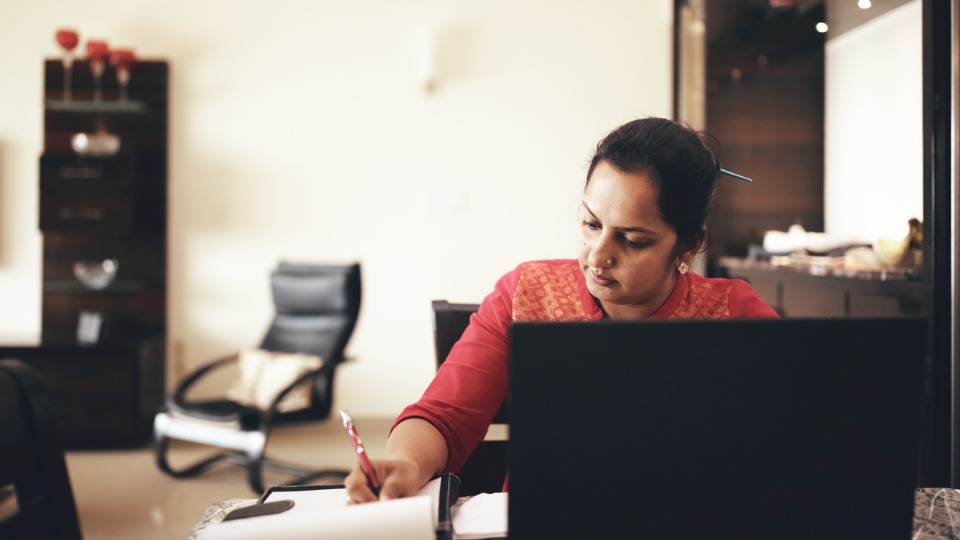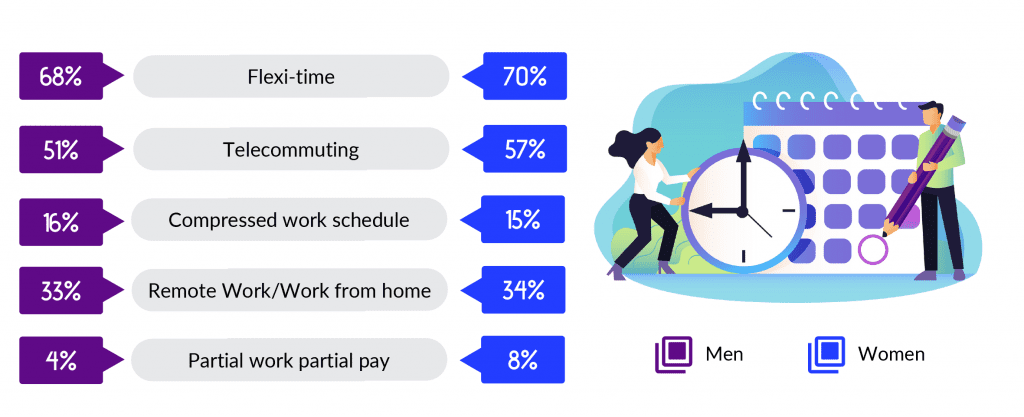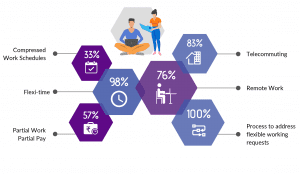
In COVID-19, a silver lining for diversity and inclusive employment

With the need to ensure social distancing and lockdown amid the COVID-19 pandemic, many companies have been forced to go online, with their staff working from home, to ensure functioning. What was earlier a conditional scenario has now become the standard.
About 10 years ago, long before the advent of the “coronisation” prelude, the MD of an MNC Bank said she was keen to include marginalized talent pools in her workforce.
“I am keen, my board has approved, we even have the budgets, but everyone is afraid that hiring of second career women or veterans will cause a dip in productivity,” she said.
When asked why, she said, “Because most of these talent pools, such as returning women, senior citizens, persons with some aspects of disability, et al, will require flexibility. And my operating managers will not be comfortable with allowing that much of work-from-home.”
Operating managers of the bank are probably working from home now. The last bastion in hiring of more diversity strands, is probably being flushed out along with the coronavirus. Yes, you guessed right – the “Flexibility Excuse”.
Flex as the impediment
For the longest time, having (or requiring) a flexible work schedule has always been a huge career impediment. It definitely wasn’t the qualifier that recruiters looked for in your resume.
Related news: Why coronavirus could be more fatal for men
“Capable of working efficiently from home” was definitely not the skillset you boasted of. You probably did it to grapple with life needs, and then had to contend with the sneers, the raised eyebrows, and plenty of other micro-iniquities.
If you were one of “those diversity profiles who require flexibility”, then you had the experience of how to mask it with dexterity in your bio-data and in your job interview. Go full-time, or go home, was the unstated diktat.
But one unknown, unsung, highly dangerous unintended flexwork champion has changed all that — the COVID-19. Today, the bleak picture which was associated with flexibility has been done away with in one fell swoop of a virus that is said to have originated in China.
Flexibility became not one of the ways of working, it has (temporarily, everyone hopes) become the only way. And what’s more, fingers crossed, it could even become the veritable model of long-term career success.
Strands of Diversity seeking Flex
Around the world, there are 8 popular strands of diversity that organizations focus on — Gender, Ability, Generation, Sexual Orientation, Culture & Language, Socio-Economic dimensions, Religion and Ethnicity. Of these, Gender, Ability, Generation & SED are those strands for which most companies have talent acquisition strategies.

And it is very interesting to note that all these forms of identity seek flexibility as a key career enabler. Needless to mention, every individual seeks flexibility at some point of time or other, in her/his life, but when flex becomes a deal breaker, it is a lose-lose.
In the last five years, ever since we brought the Working Mother and Avtar Best Companies for Women initiative to India, we have seen tectonic changes in the way organisations approach diversity.
More than 400 companies, small, medium, large national presence, the works industry or geography notwithstanding, have taken the effort and time to articulate the business case for inclusion. This means the active search and assimilation of talented (and yes, diverse) individuals into their workplaces.
And they have been very successful on account of one major reason — they offer untrammeled flexibility. And they did it with a slew of initiatives, not the least of which was the provisioning of sensitization training for managers on something very basic – Trust. –
In fact, it can be stated with absolute confidence that the 100 Best Companies for Women in India (https://www.avtarinc.com/best-companies/best-companies-for-women-2019 ) are extremely well-placed to tide over the COVID-19 crisis, simple because they are already strong on flex.

Is the silver lining ALL silver?
Of course, COVID-19 does not come with a “Trained henceforth for efficient flex-work” clause. The picture does not turn instantly rosy. It’s clear that there are jobs which can be performed equally well from remote locations while many cannot be.
Some jobs have a greater impact on the bottom-line or topline, and hence the risk is higher. Some jobs require implements which are not available at home.
And it is true that some kinds of flexing, like moving disciplines without a strategy or taking several years off, can hurt your career as much as it hurts your employer.
But what the COVID-19 has told us is that, what was once considered completely impossible, unthinkable, unimaginable, is a mere zoom call away. It has taught us that the talent pools of more than 15 lakh women professionals, over 20 lakhs of persons with disability and close to 5 lakhs of trained veterans (India data 2016), do have a hope. Because, ladies and gentlemen, COVID-19 has revealed that flex is a strength, not a liability.
(Dr Saundarya Rajesh is the founder-director of Avtar, The Power of Diversity, which provides strategy and implementation solutions in diversity and inclusion.)
(The Federal seeks to present views and opinions from all sides of the spectrum. The information, ideas or opinions in the articles are of the author and do not reflect the views of The Federal.)

